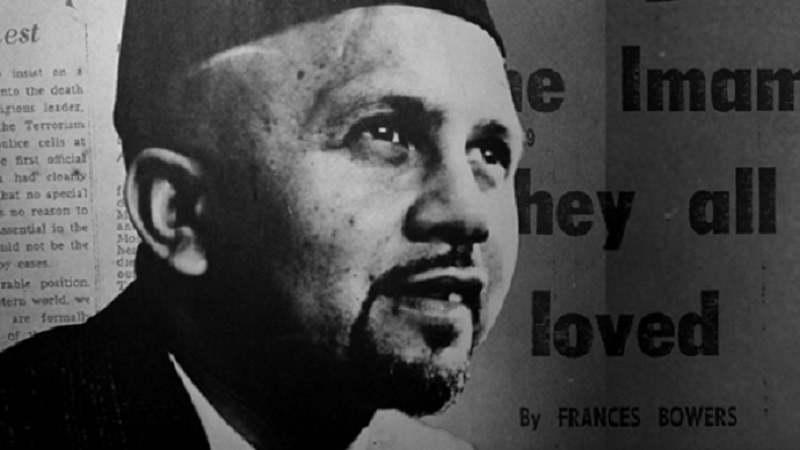As the 50th commemoration of Imam Abdullah Haron’s death draws to a close this month, the impassioned activist’s pursuit for education will be remembered at the annual memorial lecture in his honour. Dr Eric Atmore, adjunct associate professor at UCT Department of Social Development and the director of the Centre for Early Childhood Development will deliver the annual Imam Haron Memorial lecture on the 25th September. Early childhood development as a strategy to meet the needs of young children in South Africa will be the topic.
While the imam had only completed primary school and pursued Islamic studies in Makkah, he championed the cause of education as a means of social justice and liberation.
Speaking to VOC, Dr Atmore said the legacy of the imam remains relevant in the context of South Africa’s political and social quagmire.
“Imam Haron insisted that education was the basis to build a society. He stressed education to his children. Early childhood development is an important topic as investment in those early years is so critical for educational success,” he said.

Dr Atmore is a sought-after expert in ECD policy and has involved in the field since 1979. He obtained his PhD from UCT earlier this year with a ground-breaking analysis of South Africa’s ECD policy.
“I did this research because I was significantly active in ECD policy-making from 1990 to 2012 and there was a story to be told of how the sector evolved in post-apartheid South Africa.”
According to Prof Atmore, his research has shown that since 1994 there has been a significant lack of political will by government to support ECD in this country.
“In 1994, the deficit inherited from the apartheid regime was so great that former president Nelson Mandela had a thankless job of building a country on deep -seated racial prejudice and economic disarray. Since 1994, we’ve had a number of ECD policies such as the Education White Paper 5, which introduced the concept of grade R,” he explained.
“Today 80 000 children are in grade R, compared to 1994. The other major success has been the child support grant, which is supporting 13 million children. This allows families to put their kids in an early learning centre.”
But he admits that much of the quality of the early childhood centres is poor and government has a “long way to go.”
“Teachers are not properly trained and they are payed scandalous wages. And the building infrastructure is inadequate.”
In December 2015, government introduced the national integrated ECD policy. However, four years later, there remains a lack of proper implementation. South Africa’s ECD programmes are affordable and community driven, but the lack of resources is hindering its execution.
“One of our main problems is that our national treasury does not make the funding available to drive these good programmes which we have,” he said.
“We know the programmes but the biggest deficit is that there is no political will at government level to meet the needs of young children. Chile has one of the best early childhood development systems in the world, as a result of programme championed by its former president Michelle Bachelet. So we need a political champion that takes the lead to drive this.”
Dr Atmore believes ECD development is critical in instilling skill and ability that children need for their future of learning – an educational philosophy espoused by Imam Haron. The Imam Abdullah Haron Education Trust was in fact established to promote the late activist’s vision of empowering marginalised groups and individuals through education.
“Imam Haron’s legacy was to combat racism, poverty, inequality and to put children first. I believe we uphold this legacy, we can make the country the wonderful place it can be. “
The lecture takes place at the Islamia Auditorium, Islamia College, Imam Haron Rd, Lansdowne at 19h15 on Wednesday, 25 September 2019.
The winners of the International Art Competition organised by the Imam Haron Foundation (IHF) in collaboration with the South African Foundation for Islamic Art (SAFIA), which forms part of the IHF’s programme to commemorate the 50th anniversary of Imam Haron’s death in police detention, will also be announced immediately after the Memorial Lecture.
VOC






 WhatsApp us
WhatsApp us 

